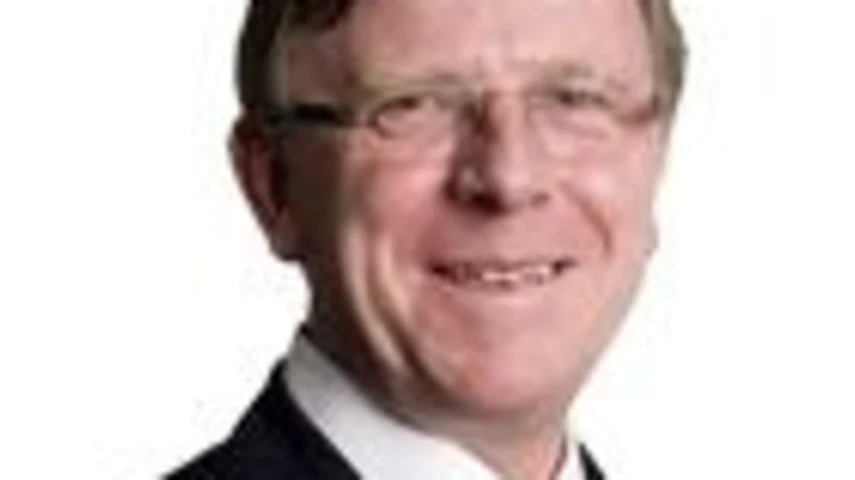Financial industry needs to change to communicate with younger super clients



|
|
As the superannuation assets of generations X and Y increase as a proportion of total superannuation assets in the future, financial planners, regulators and the superannuation industry will have to change the way they respond to and communicate with these groups, according to Michael Monaghan, partner of Deloitte Actuaries and Consultants.
Monaghan made these comments at a Deloitte media briefing on superannuation growth, where the results of a study to model superannuation growth showed that generations X and Y were expected to hold 84 per cent of all super assets in 20 years time.
Monaghan said the industry would have to change the way it operated to reflect the conditions that generations X and Y grew up in.
The younger generations were used to changing jobs many times during their career, Monaghan said, and there would have to be a greater degree of portability within the super system to cater for these workers, he said.
Generations X and Y were also used to communicating on the Internet, where a social network of peers, containing perhaps thousands of people, was important when making decisions. This method of communication would have a massive impact on financial advice, Monaghan said.
It would also create a challenge for the industry regulators, as the regulators would need to work out how to make their voices heard in a forum that operated outside the normal regulatory system.
New retirement products also needed to be developed for baby boomers, who would begin to draw their money out of the super system in the future, Monaghan said.
Superannuation assets were expected to top $7 trillion by 2028, according to the report.
Recommended for you
An adviser has received a written reprimand from the Financial Services and Credit Panel after failing to meet his CPD requirements, the panel’s first action since June.
AMP has reported a 61 per cent rise in inflows to its platform, with net cash flow passing $1 billion for the quarter, but superannuation fell back into outflows.
Those large AFSLs are among the groups experiencing the most adviser growth, indicating they are ready to expand following a period of transition and stabilisation after the Hayne royal commission.
The industry can expect to see more partnerships in the retirement income space in the future, enabling firms to progress their innovation, according to a panel.










